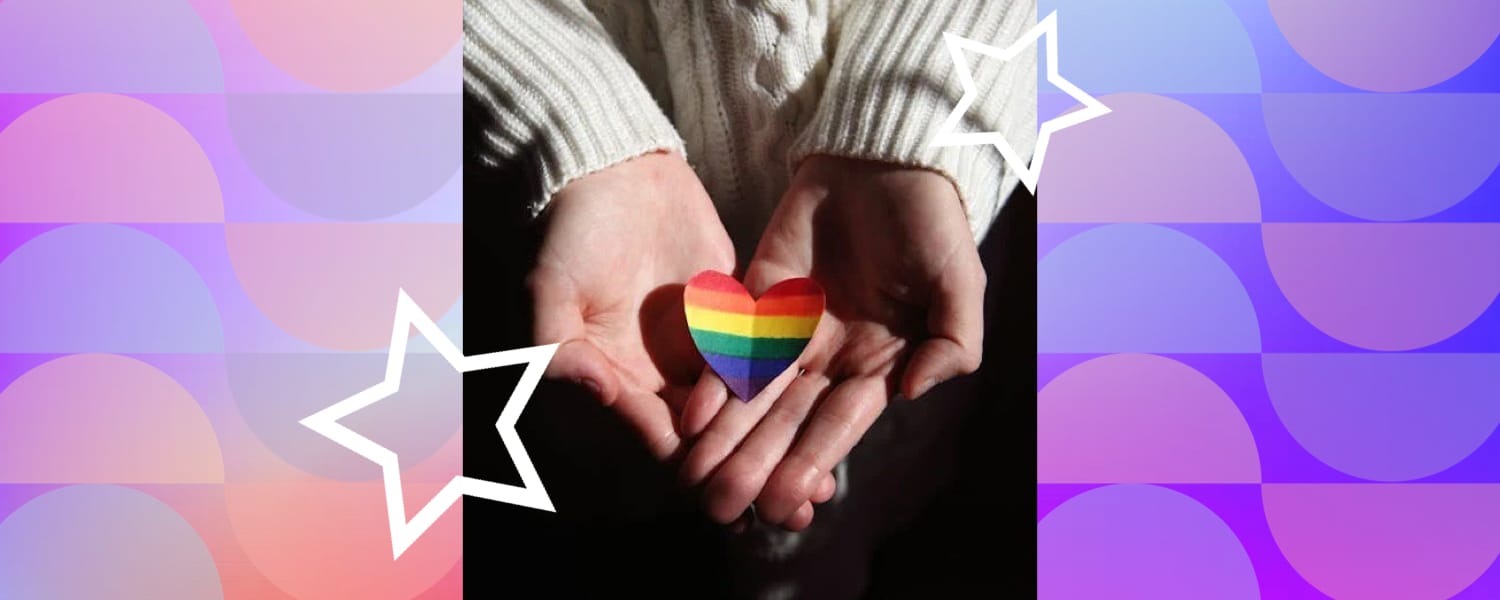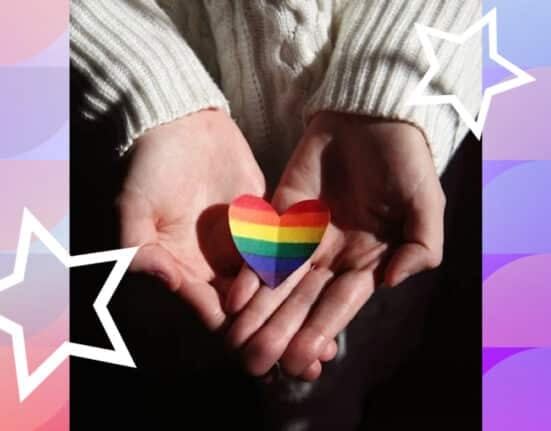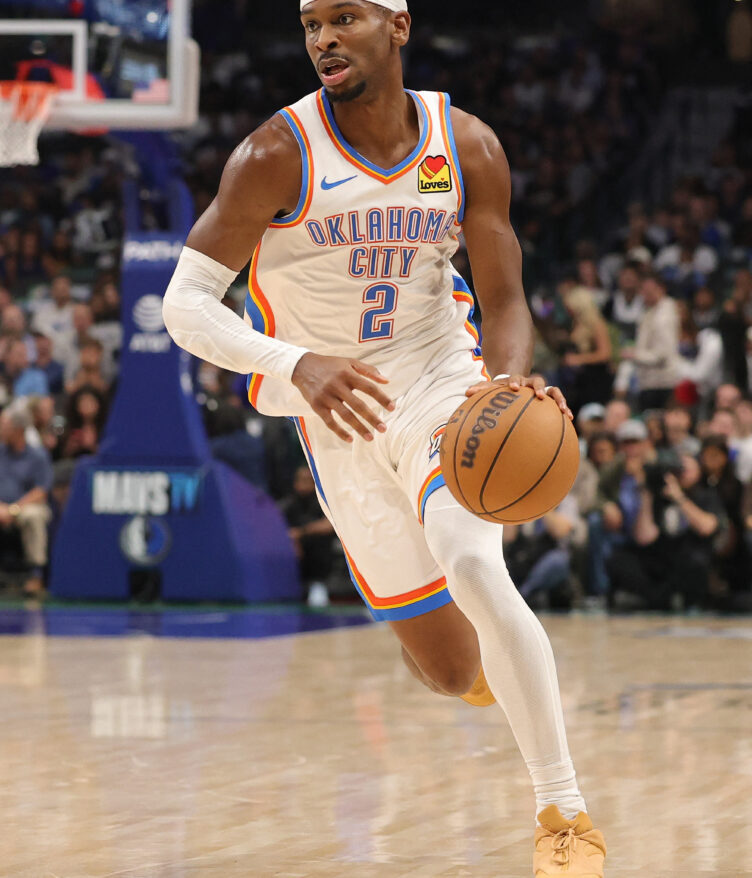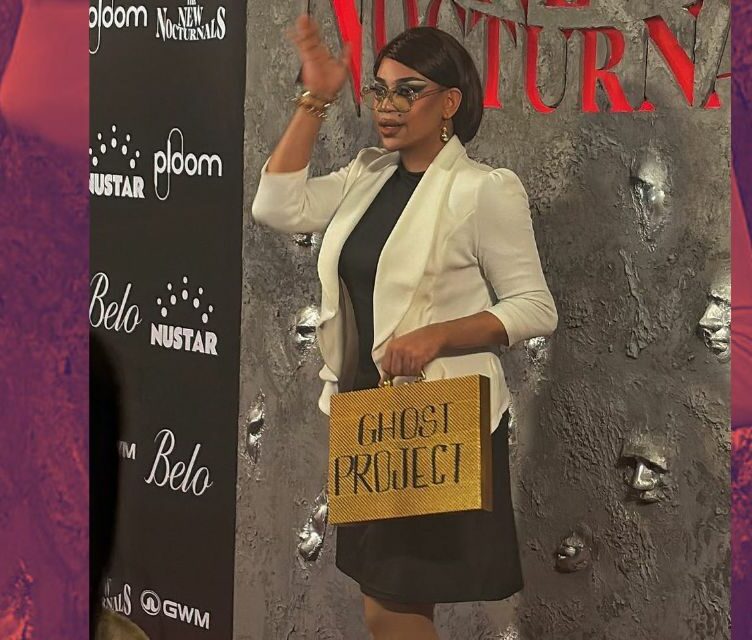PRIDE month is more than just parades and rainbow flags. For many in the LGBTQIA+ community, it’s the time to reflect and celebrate who we are. And nothing captures that spirit better than music.
These five songs— some global, some homegrown— have become soundtracks to queer stories. They speak of identity, strength, pain, and joy.
Whether you’re dancing, healing, or just trying to be seen, these songs carry the feeling of Pride.
1. Born This Way – Lady Gaga
Born This Way isn’t just a pop hit. It’s Lady Gaga’s declaration of her support and alliance with the LGBTQIA+ community.
When she released the song in 2011, many countries— including the Philippines— lacked basic protection and acceptance to LGBTQIA+ people. Marriage equality was rare, homophobia was normalized, and queer representation in mainstream media was minimal or filled with stereotypes.
At the time, hearing a global superstar proudly sing, “No matter gay, straight, or bi, lesbian, transgender life—I’m on the right track, baby, I was born this way” was revolutionary. It was bold, defiant, and liberating. The song didn’t ask for acceptance—it demanded it.
In the Philippines, where queer youth still struggle with rejection from family, religion, and society, Born This Way gave them language and confidence. It wasn’t just a song anymore but an anthem for being unapologetically yourself.
2. You Need to Calm Down – Taylor Swift
Taylor Swift’s queer anthem was a campy, colorful pop rebellion. It doesn’t shout angrily but calls out homophobia with a wit and a wink.
Released in 2019, You Need to Calm Down marked Taylor Swift’s public stance. She used her platform to call out homophobia and internet hate with fun lyrics and pastel visuals.
The music video itself, set in trailer park utopia, featured drag royalty and LGBTQIA+ icons.
The inclusion wasn’t subtle or coded but loud and proud. Taylor’s message was simple: queer people deserve love, respect, and peace. And allies should do more than wave a flag—they should speak up.
In a country like the Philippines, where queerness is often tolerated but rarely embraced in mainstream spaces, the visibility in this song and video felt radical. It made Pride feel mainstream, even in places where being out can still be dangerous.
3. Reyna – Michelle Dee
Reyna by Michelle Dee isn’t only a reflection of her time as Miss Universe Philippines 2023 but as a proud, bisexual woman.
The song reclaims the word “Reyna” not as something to mock but as something to wear like an armor.
The lyrics speak directly to the queer Filipino experience: “Ang hirap magpakatotoo / Kung bawat kilos ko’y minamata.”
It’s a truth many LGBTQ+ Filipinos know too well—the fear of judgment, the weight of constant scrutiny, the need to smile through pain. But instead of shrinking, the song declares, “Ako ay isang Reyna” again and again, turning repetition into power.
For queer youth navigating their identity in a culture where visibility can still feel risky, “Reyna” offers something rare: a mainstream anthem that reflects their struggle and uplifts their spirit. It’s more than a pageant theme—it’s a Pride anthem in Filipino, for Filipinos.
4. Di Ka Sayang – Ben&Ben
Gentle but powerful, ‘Di Ka Sayang is a song of acceptance. Its message of reassurance has resonated with members of the queer Filipino community. It speaks to anyone who has ever felt like they have to perform happiness, hide their pain, or prove their worth to others.
The lyrics cut deep: “Sarili ay mahalaga kahit pa anong tingin nila. Tanggap kita.” For queer individuals who have faced rejection—from family, church, or school—those words feel like a lifeline. They don’t ask for change or perfection. They simply say, you are enough.
In a culture where queer youth are still told they’re a phase, a mistake, or a burden, Di Ka Sayang affirms the opposite. You are not less. You are not alone. You are never a waste.
5. Sirena – Gloc 9 and Ebe Dancel
When Sirena was released in 2012, the Philippines was still deeply steeped in homophobia. LGBTQIA+ characters in media were mostly punchlines or sidekicks. Same-sex relationships were taboo. Public acceptance was rare.
In that climate, Gloc-9’s Sirena was a radical act.
Through Gloc-9’s storytelling and Ebe Dancel’s aching chorus, Sirena follows the life of a queer child navigating shame, violence, and rejection—particularly from his father.
From playing Chinese garter as a kid to hiding bruises with face powder bought from Aling Bebang, every lyric paints a portrait of someone constantly punished for existing outside the mold.
The recurring line, “Ako’y isang sirena, kahit anong gawin nila, bandera ko’y ‘di tutumba,” becomes a defiant cry of resistance.
But the song has also drawn criticism. In its emotional climax, the father only begins to accept his child after growing old and sick, relying on them for care.
This dynamic has been read by some as presenting queer worth as conditional—earned only through sacrifice and service.
While that critique is valid, it’s also important to consider the song’s context. In 2012, the mere act of centering a queer protagonist in a hip-hop track—without mockery—was already a leap forward in a country where homophobia was deeply normalized.
Sirena opened the doors. It offered queer Filipinos a rare mirror in music, one that reflected not just their joy, but their trauma and endurance.
And it said something quietly revolutionary: “Di sinusukat ang tapang at ang bigote sa mukha, dahil kung minsan, mas lalaki pa sa lalaki ang bakla.”
How useful was this post?
Click on a star to rate it!
Average rating 0 / 5. Vote count: 0
No votes so far! Be the first to rate this post.
We are sorry that this post was not useful for you!
Let us improve this post!
Tell us how we can improve this post?






